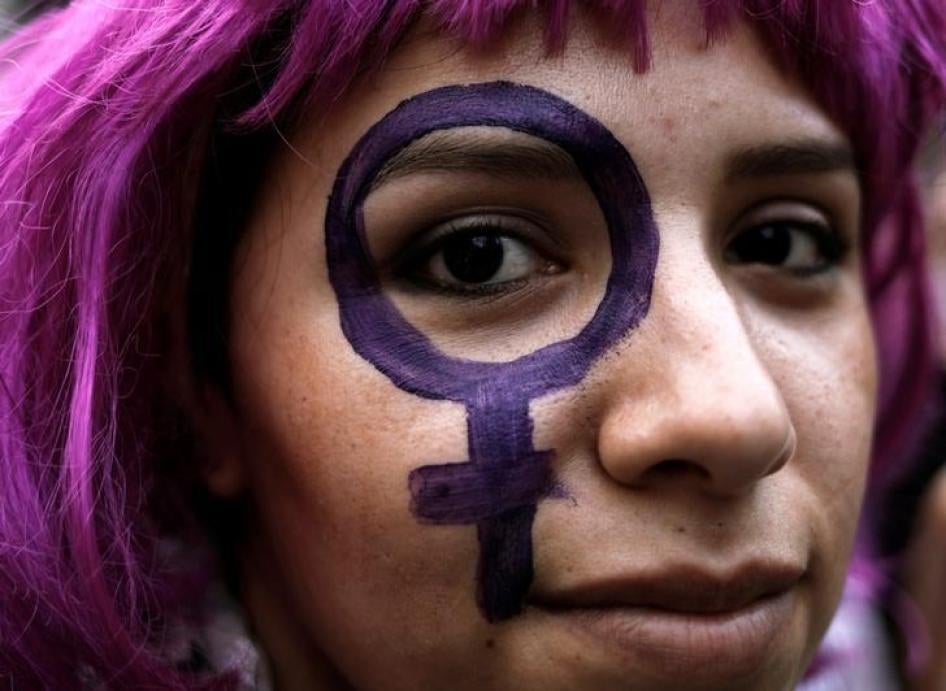On March 8th, International Women´s Day, Brazilian women workers will on average earn 23 percent less than men, even though women’s education level is higher. Or to look at it another way, a woman would have to work all of last year and until April 22 this year to earn the same as a man did last year.
In the formal sector, the only area that the Labor Ministry tracks, the difference in pay fell from 17 percent in 2007 to 15 percent in 2016. At the current snail’s pace, Brazilian women with formal jobs will receive the same wages as men only in 2083 -- that is, girls born today will work for equal pay around the time they turn 65.
The World Economic Forum ranks Brazil 119 in a list of countries for wage equality for similar work, based on a yearly survey among executives. The gap is especially noticeable for workers with higher levels of education. The Labor Ministry data shows that sixty percent of employees with a university degree are women, but their employers paid them 36 percent less than men with the same educational level.
Those results are consistent with studies in other countries that show that even when controlling for factors such as experience, education, industry, and hours, women and men are paid differently. An in-depth examination of the gender wage gap by economists found that discrimination plays a role.
Women not only earn less than men, but have difficulties entering the workplace. In Brazil, 78 percent of men hold paid jobs, compared with only 56 percent of women, based on International Labor Organization (ILO) estimates. But staying at home is often not the women´s choice. Another ILO survey shows that the vast majority of women in Brazil would like to have a formal job. Eliminating the gap in the rates of employment between men and women would add 382 billion reais (about USD 117 billion) to the country´s economy, or 3.3 percent of GDP, the ILO says.
Politics also remains mostly a men’s club in Brazil. Only 11 percent of members of Congress are women, the third lowest percentage in Latin America, after Haiti and Belize, according to the United Nations. The executive branch does even worse under the current administration. Brazil has only one woman with the rank of minister, the solicitor general, Grace Mendonça.
Brazil’s law encourages women’s participation in politics by establishing that political parties must field women as candidates. And Brazil also has laws prohibiting gender discrimination in pay, professional training, and career advancement. But the reality that women face is very different.
Along with other members of the G-20, Brazil´s government has committed to reduce gender inequality within the workforce by 25 percent by 2025 and, as part of the Sustainable Development Goals set by the United Nations, to achieve equal pay by 2030.
To get there, Brazil’s government should create systems that require employers to reveal salary information, ensure that employers comply with the law that forbids gender discrimination in the workplace, and strengthen legal channels for women to claim their rights under equal employment laws. That would be the best way to commemorate International Women´s Day.










